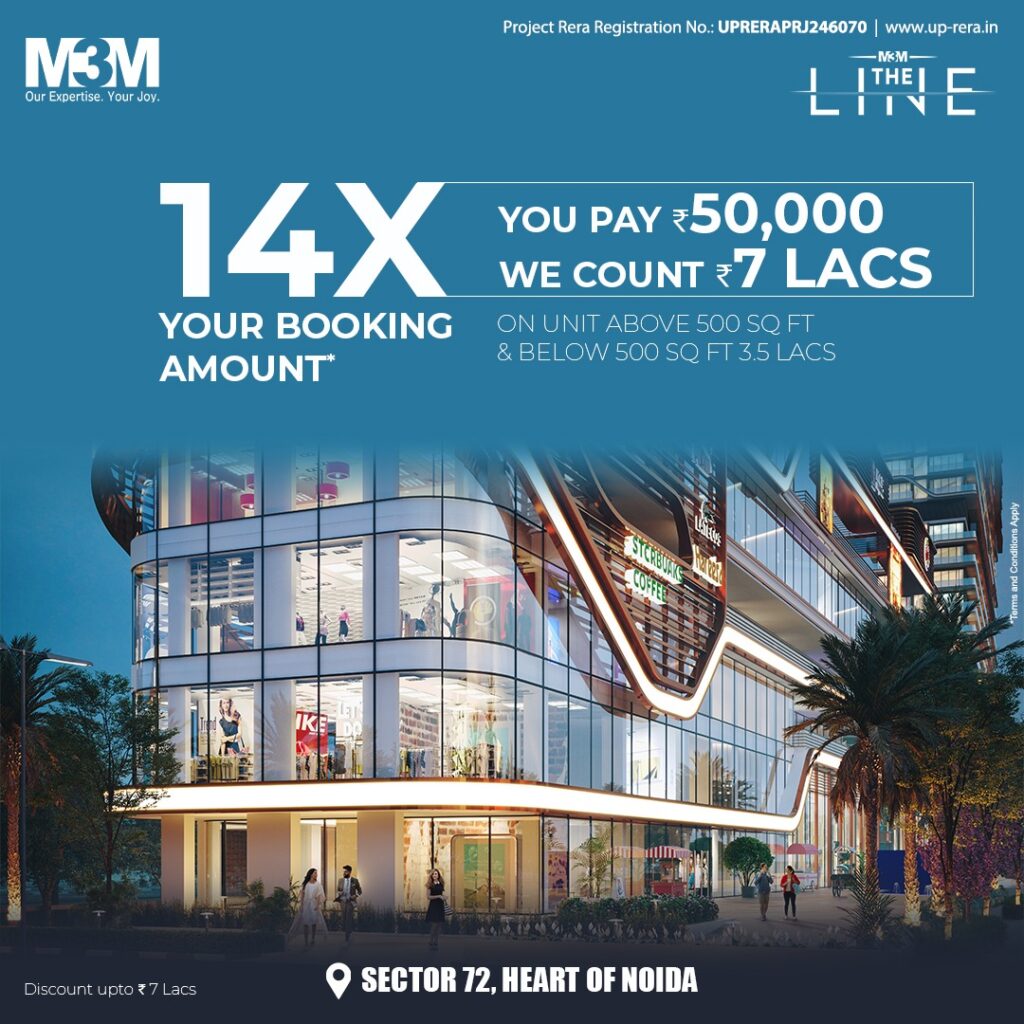Introduction:
Welcome to our blog, where we embark on an exciting journey to uncover the revolutionary world of Pre-Engineered Buildings (PEB). In the realm of modern construction, PEB stands tall as a game-changing approach that has reshaped the way we envision, design, and construct structures.
Modern pre-engineered buildings are fabricated using high-grade metal materials and construction methods capable of catering to a wide range of structural and aesthetic design requirements.
In the pre-engineered building concept, the complete designing and manufacturing are done at the factory. Pre-engineered buildings are becoming more and more popular in today’s world since they perform better than conventional buildings in terms of time-saving and construction benefits. Steadily PEB is increasingly being favored in almost all infrastructure projects be it warehouses, ports, metros, industries, rail networks, airport hangers, or complex projects.
1.Construction of PEB structure is Faster and Time-Saving:
PEB companies use customized software for design and drafting, which increases the speed of the project. The design time of the PEB is also reduced since they are formed of standard sections and connections. The manufacturing and designing part is done at the PEB company, using the in-house team and experts for designing and manufacturing.
Furthermore, this integrated approach not only ensures better quality control but also allows for real-time collaboration between design and manufacturing teams, leading to faster decision-making and streamlined project execution. Additionally, the in-house manufacturing capabilities enable PEB companies to closely monitor production progress, and maintain quality.
2.PEB construction cost is Pre-defined:
The cost of construction of modern pre-engineered buildings is calculated at the outset of the project. Thus, the costs are accurately defined and forecasted. PEB structures, PEB godowns, and pre-fab structures are not only quicker to construct but also sustainable and conform to green norms. The use of metals in PEB further results in long durability and low maintenance cost.
This is achieved through meticulous planning, material estimation, and standardized design methodologies. The pre-defined cost ensures transparency and helps in accurate budgeting, making PEB construction an efficient option for various building projects.
3.PEB has better Quality Control mechanisms:
In PEB structures precise and accurate measurements are carried out by automated machines. The quality control in the case of a PEB structure is fully monitored since the buildings are manufactured completely in the factory under controlled conditions.
On the other hand in conventional civil-engineered buildings, there is always scope for significant errors as most of the work is man-made on-site. Materials can be compromised, which is not easy to identify.
4.Opportunity Cost & Construction Speed:
Pre-engineered buildings (PEB) exhibit faster construction schedules compared to conventional civil-engineered buildings. PEB structures are fabricated off-site, and the components are pre-engineered, which facilitates rapid on-site assembly. In contrast, conventional civil-engineered buildings may require more time due to on-site construction of formwork, casting of concrete, and other time-consuming processes.
In a pre-engineered building, it is also important to consider the opportunity cost of the construction method. For example, constructing a civil building with 1 lakh square feet of warehouse space requires full civil work and takes at least 2 years to complete. On the other hand, using Pre-Engineered Building (PEB) technology allows for a faster construction time, typically taking only 5-6 months to complete the same size of warehouse.
If one chooses to go with the civil building approach, there will be a two-year delay before the facility is ready for use. However, if the decision is made to go with PEB, the facility can start functioning while the civil construction is still ongoing. That said the company can start functioning and doing business earlier with a PEB than that with a civil building.
5.Design Flexibility:
One of the significant advantages of Pre-Engineered Buildings (PEB) lies in their design flexibility. The use of steel allows architects and engineers to create innovative and visually appealing structures with ease. PEB systems can span large distances without the need for extensive intermediate supports, enabling open and flexible floor plans.
This design flexibility proves beneficial in accommodating diverse commercial and convention building requirements, including large open spaces for exhibitions, conferences, or retail areas. On the other hand, conventional civil-engineered buildings also offer design flexibility, but the process may involve more intricate structural planning to achieve similar open and versatile spaces.
Blueladder EPC Solutions: One of the Leading PEB companies in India
If you are looking to construct a PEB structure within a short time and a pre-defined budget. If you may need further expansion in the future. If you are looking for an ideal PEB consultant and manufacturer then, we are here to cater your end to end needs.
We, at Blueladder offer our customers a variety of options from which they can choose. Every structure is built according to the customer’s specific requirements and detailed specifications. Quality materials are used so that it has long-term durability.
Visit our website – www.blueladderepc.com Or call us @ +917887414755
and get detailed knowledge and information regarding the services we offer.

